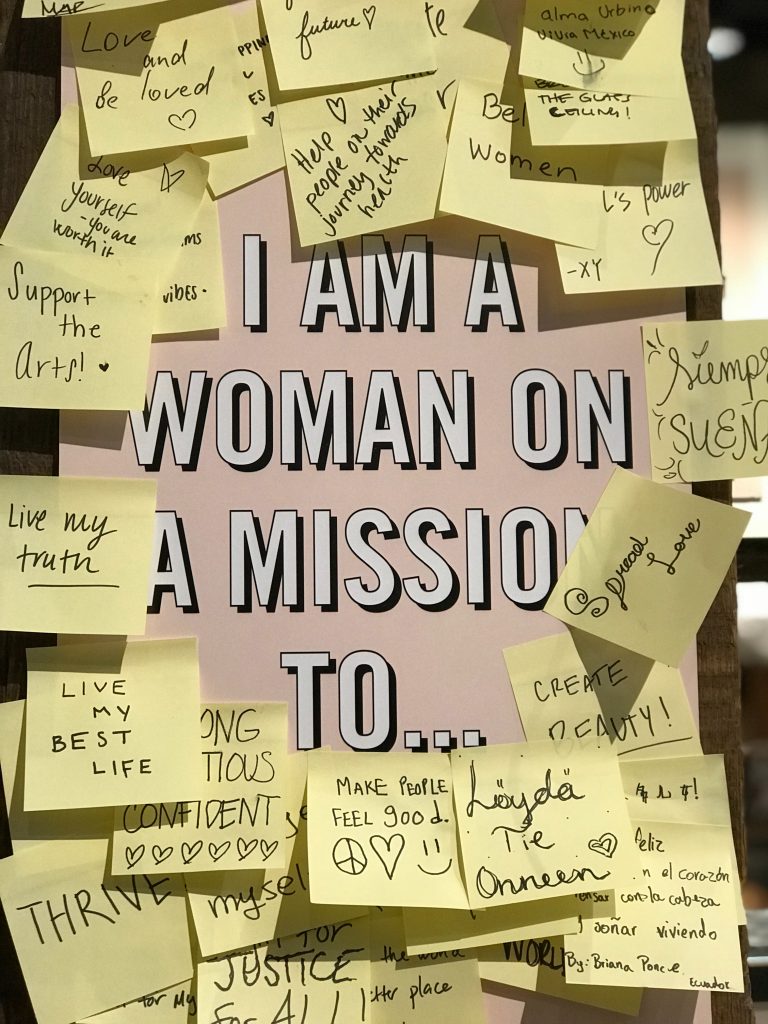
I sometimes feel overwhelmed.
There’s the news and content I want to consume. Then there’s the news and content I don’t want to consume but somehow seem to be consuming.
Podcasts I want to listen to.
Books I want to read.
The things I want to learn.
Too many obligations.
The list of places in the world I want to visit.
The desire to be a good friend. Wanting to be there for friends in need.
Feelings of tiredness.
Feelings of helplessness.
Feelings of loneliness.
Of sadness.
Of gratitude.
A sense of too much to do and not enough time to do it.
Too many choices.
The number of emails coming in on a daily basis.
Feeling as though I need to answer each email immediately in order to be doing a good job and ‘on top of things’.
The amount of time I spend looking at a screen throughout a day.
Hundreds of WhatsApp messages.
The conflict between the need to make social plans but also the desire to have time to do nothing or see how I feel on the day.
Here are some things I do when I start to feel overwhelmed:
I limit the number of times I check my WhatsApp messages (I don’t have the notifications on because it stresses me out). I put my phone in another room or in my bag so that it’s not within reaching distance. When I watch tv or a film at home – I move my phone out of reach. I limited myself to checking once an hour. Or once every half hour. Maybe once I’ve completed an email. When I’ve had breakfast and gone on a walk. Or not at all after 9pm.
I cut down on making so many plans. I think before arranging things with friends or acquaintances. It’s time to start saying no thanks.
I read more. Get to bed an hour earlier than usual and just read – everything and anything I feel like reading and for as long as I like. Checking the time is not allowed.
I take myself off for walks as much as possible. Long, short, ideally both within a day.
I resist making certain decisions – mainly when I feel a sense of obligation to see someone or reply to a message – giving myself time to process.
I write a sort of journal/diary in the evening before I sleep – everything and anything on my mind. Lists, ideas, plans, goals, feelings, stream of consciousness.
These things help – they give my mind a break. I start to feel less overwhelmed, less stressed, less pulled in various different directions.
***
I wrote this because I like reading things were the person seems to be feeling exactly the way I feel. Or where I recognise the feeling they are describing. It reminds me that we’re all the same, we’re not alone in our thoughts, we all have to find ways to accept or deal with certain feelings.
I hope reading this has helped in some way.
If you’d like to set up a coaching session with me, click here.
Photo by Justin Veenema on Unsplash



